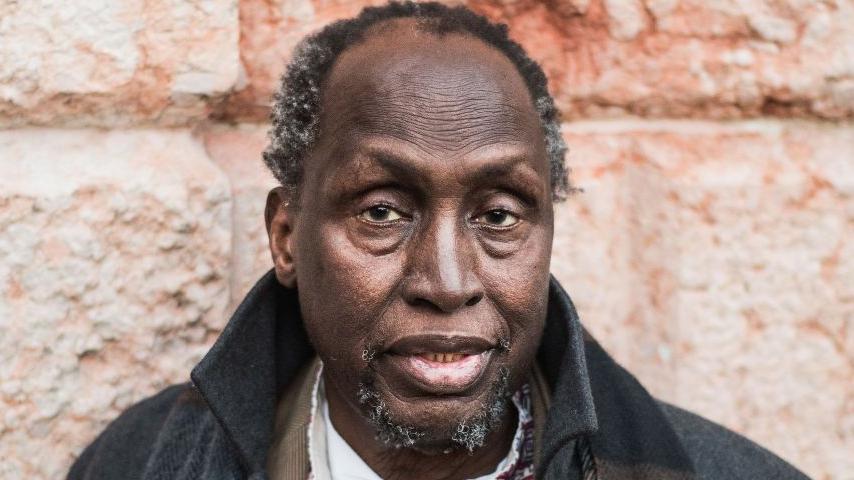The swift cremation in the United States of the top Kenyan writer and scholar, Prof Ngugi wa Thiong’o, is perhaps the biggest contradiction in his phenomenal story. In line with his own final wish, his family recently announced that there would be no burial ceremony.
Instead, commemorative events are being held in the US and back home. The first would be held at the University of California, Irvine, where he became a Distinguished Professor of Comparative Literature and at the University of Nairobi.
Ngugi, whose first novel in English, was published in 1964, later made a name for his denunciation of colonialism, in which language played a major role.
His popular book, Weep Not, Child, was the first major novel in English by an East African. He quickly advanced in his writing, coming up with two more popular novels, A Grain of Wheat and The River Between. His other books include yet another novel, Petals of Blood, which was more revolutionary than the earlier titles. It was also his last English language novel.
In his resistance to the effects of colonialism in Africa, he dropped his Christian name, James, becoming Ngugi wa Thiong’o.
While his previous books criticised colonialism, Petals of Blood also attacked the new leaders of the independent nation, accusing them of betraying ordinary Kenyans in their pursuit for selfish gain.
He would in a show of defiance in his pitch for the freedom of Africans switch to writing in his native Gikuyu. He began charting a new course for the re-cultivation of African pride and belief in traditional values. In the book, Decolonising the Mind, he made the case for a return to Africa’s rich cultural heritage.
His cremation is, ironically, a final capitulation and denial of a chance to bury him in traditional African glory. The burning of bodies is mainly an oriental and Western practice. His family’s explanation about his loathing the ferrying of his body thousands of kilometres back home for burial does not wash.
It would have been nice to conduct his funeral at Kamirithu in Limuru, central Kenya in line with Gikuyu traditions to practise what he had preached most in his life, which was an adulation of the African spirit. It was at Kamirithu that he pioneered theatre in Gikuyu that angered the dictatorial regime.
His revolutionary Gikuyu language play, Ngaahika Ndenda (I will marry when I want), which was staged at a community theatre in his Limuru birthplace, led to his arrest and detention at Kamiti Maximum Prison for a year after it was banned.
Interestingly, his co-author of the play, The Trial of Dedan Kimathi, Prof Micere Mugo, also passed away and was interred in the US, where like Ngugi, she lived in exile after being pushed out by the Kanu dictatorship in Kenya in the mid-1970s. Micere initially taught at the University of Zimbabwe before moving to America.
Prof Ngugi died on May 28, 2025, in Atlanta, US, where he had lived and worked for many years.
Kenyans have mourned the writer as a literary giant, describing him as a teacher, playwright, and intellectual, who fought for social justice and against the abuse of political and economic power.
In Decolonising the Mind, Ngugi challenges readers to see the culture and the history that is carried by a language, and the subtle ways in which colonial languages continue to be exalted at the expense of indigenous languages and native cultures.
Ngugi, who was tipped to win the Nobel Prize for Literature several times, saw it slip through his fingers, hugely disappointing his many admirers throughout the world.
Born in 1938 in then colonial Kenya, Ngugi went to Alliance High School and later studied at Makerere University College. He did his post-graduate studies at the University of Leeds in the United Kingdom.
He later taught at the University of Nairobi, taking charge of the then English Department. This later became the Literature Department and led the campaign for the recognition of the need for wider scholarship and recognition that there was more to this than the English language.
Ngugi wrote his first Gikuyu novel, Devil on the Cross, while at Kamiti Maximum Prison in Nairobi, where he had been detained without trial by Mzee Jomo Kenyatta’s administration for a year.
The lack of a notebook did not deter him from exercising his creativity. He simply used toilet paper to write the book.
After his release, he went into exile overseas and taught at various American universities. He was released after Daniel arap Moi became the President in 1978, following Mzee Kenyatta’s death.
Ngugi’s first wife, Nyambura, who died some years ago, was the mother of his nine children, four of whom are also published authors.
He would remarry and later divorce Njeeri, who was thrust into the spotlight, when during the couple’s homecoming after several decades in exile, hired goons raided the posh hotel in Nairobi where they were staying, attacked them and sexually assaulted her.
Jaywanyama22@gmail.com




